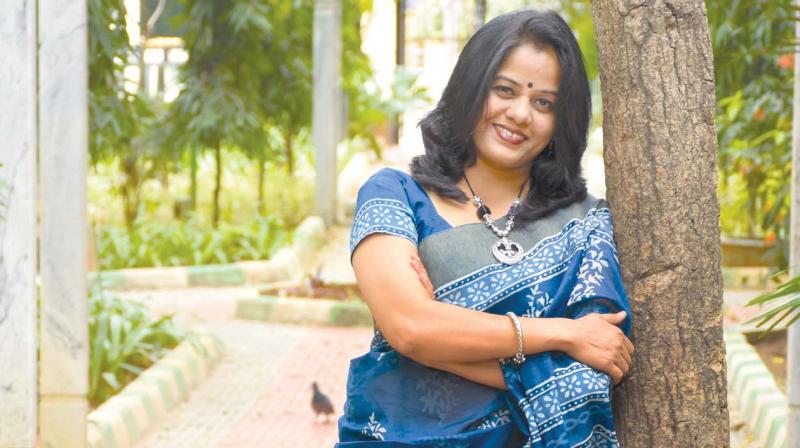Proactive way to segregate waste
When people at her new apartment found out about her flair for waste segregation, they wanted her to help the community.

There is a common notion that, when something happens to you, that’s when you act! And when it comes to garbage in our city, people act on it only when it affects them directly. All of us do segregation at home but what happens after that? Segregated waste is just thrown into landfills. Bengaluru-based communication consultant Savitha Hiremath took it upon herself to ensure that the daily waste collected from her building society is turned into compost which can be used later. She has managed to convert her entire society into a zero-waste one and is now working with other apartment complexes as well.
Savitha’s journey of waste management began at her Malleswaram apartment.She shares,”The contractors were not picking up the waste everyday which led to a pileup. The society decided to start segregation and that’s where both of our journeys began.
Two weeks into the process, I realised that segregation is not difficult.” Savitha ensured that her entire family including her two-year-old was trained to segregate waste properly.
When people at her new apartment found out about her flair for waste segregation, they wanted her to help the community. “I took on the entire responsibility of designing and setting up the system. In the previous apartment we segregated waste into six categories whereas here it is only three. In 2012 November, BBMP’s law for segregation aided this initiative,” adds Savitha sharing that people were readily open to the idea.
On how she put this initiative into action she shares, “I met families personally and had discussions with them, addressed their queries etc. It was important that gardeners, helpers, maids, plumbers, drivers security etc also be trained.” Savitha shares that the toughest part of the entire process was to learn about composting. “Segregation was easy and composting was a challenge. In 2012 there were standard systems barring a few. I started experimenting with traditional methods of composting. I did six experiments spread over 18 months, all of which failed. The best part of this entire process was that the society was extremely co-operative.” Working with an organisation, the next experiment worked within three weeks. She further set up a system using that culture and method.
Savitha who has dabbled with art as well as jewellery designing has set up a consultancy through which societies can approach her to work a system of composting for their houses as well.

